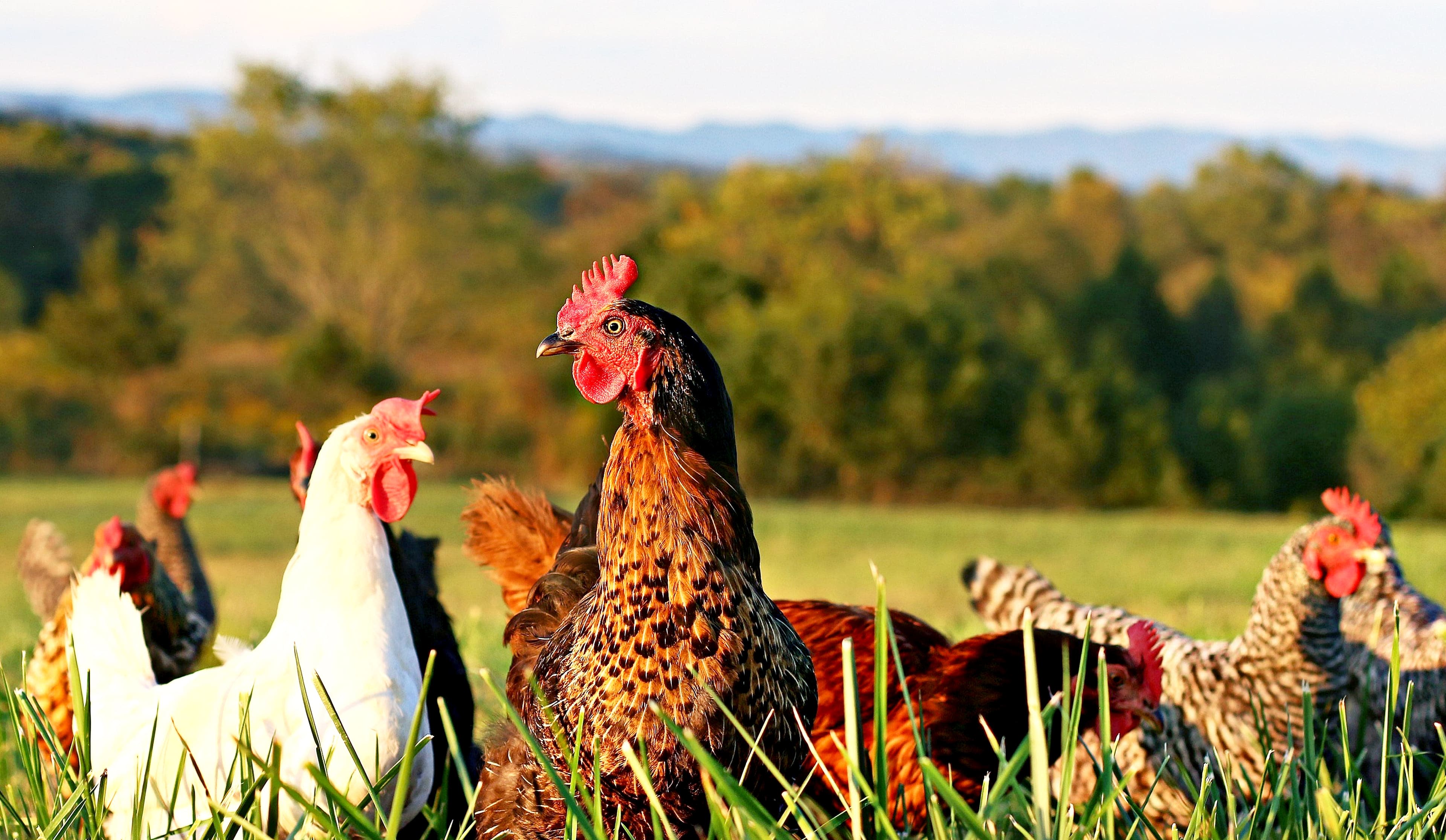




New legislation means the fight against live exports has been won.

Over the years, many promises have been made by governments and officials to bring about a ban on live exports. Finally, in May 2024, legislation banning the trade passed through final stages in the House of Lords and the export of live animals from the UK for fattening and slaughter was outlawed.
What is live animal export?
Live animal export is the transportation of animals from the farms where they are born to another country where they are fattened or slaughtered or used for breeding. This could involve a journey over multiple days and travelling on trucks, boats, trains, and planes.
Why is live animal export a problem?
Live exports has, for many decades, brought people’s attention to the plight of farmed animals.
Regardless of people’s views on meat-consumption, wide consensus among the British public was that sending an animal on an unnecessary long, stressful journey only to slaughter them at the other end was morally unacceptable. Seeing farmed animals on trucks being transported along motorways was a reminder of the treatment of animals that the public did not want to consider.
At the start of the 1990s millions of sheep, cattle, pigs, and male calves were being sent on horrendously long journeys out of the UK and into mainland Europe every year to be fattened and killed.
For many, the live exports campaign was the first time they had considered the welfare of farmed animals, and it opened their eyes to the realities of factory farming.
Who helped bring this ban into place?
Campaigners, young and old, came out in their hundreds and blocaided UK ports and airports week after week throughout the 1990’s.
The campaigns were recognised at the time for attracting an unusual attendance, with over 80% of the participants never having protested about anything before. One resident who joined protests in Brightlingsea, 79 year old Tilly Merritt, was convicted after spraying a police officer with her garden hose. They put immense pressure on shipping companies to distance themselves from the trade, with their protests making headlines on many occasions including when one activist, Jill Phipps, was killed by a livestock truck carrying young calves to Coventry Airport.
Campaigners with Compassion in World Farming, Kent Action Against Live Exports, and RSPCA have led the charge in this historic campaign, relentlessly monitoring the trade for illegal activity, and lobbying politicians to bring a ban into force.
How did campaigns impact live exports?
By the end of the 90’s, all the major ferry and airline operators had buckled in the face of public pressure and committed to prevent the export of animals destined for fattening and slaughter on their services. The number of animals being exported dropped from over a million a year, to tens of thousands.
Through most of the 2000s, there remained just one ship - the notorious MV Joline - transporting animals from Kent ports to France. The Joline was a converted vessel designed to transport tanks on river-crossings, not cope with the often rough conditions of the English channel. Investigators documented animals from the UK arriving in France in terrible condition. Despite huge reductions in the number of animals leaving UK ports, it was still tens of thousands too many.
What impact will the ban have?
The export of live pigs, cows, horses, sheep and goats destined for slaughter or fattening will be illegal. This will save tens of thousands of mostly sheep and young calves from gruelling journeys. ‘Slaughter stock’ have a lower economic value than breeding animals so have historically been transported in much worse conditions and in much higher numbers.
The ban will not apply to poultry or animals being exported for breeding purposes and campaigners are continuing the fight to end all transport of live animals, calling for the trade in breeding animals to be replaced with a trade in genetic material.
What’s next?
Farmed animals are still suffering on factory farms here in the UK. While the banning of live exports is a step in the right direction, there’s so much more we need to do to protect the animals we care about.
If you’d like to join us, sign up to receive our emails and you’ll get quick, simple actions into your inbox that will make a huge impact for animals.

 Pru Elliott
Pru Elliott







